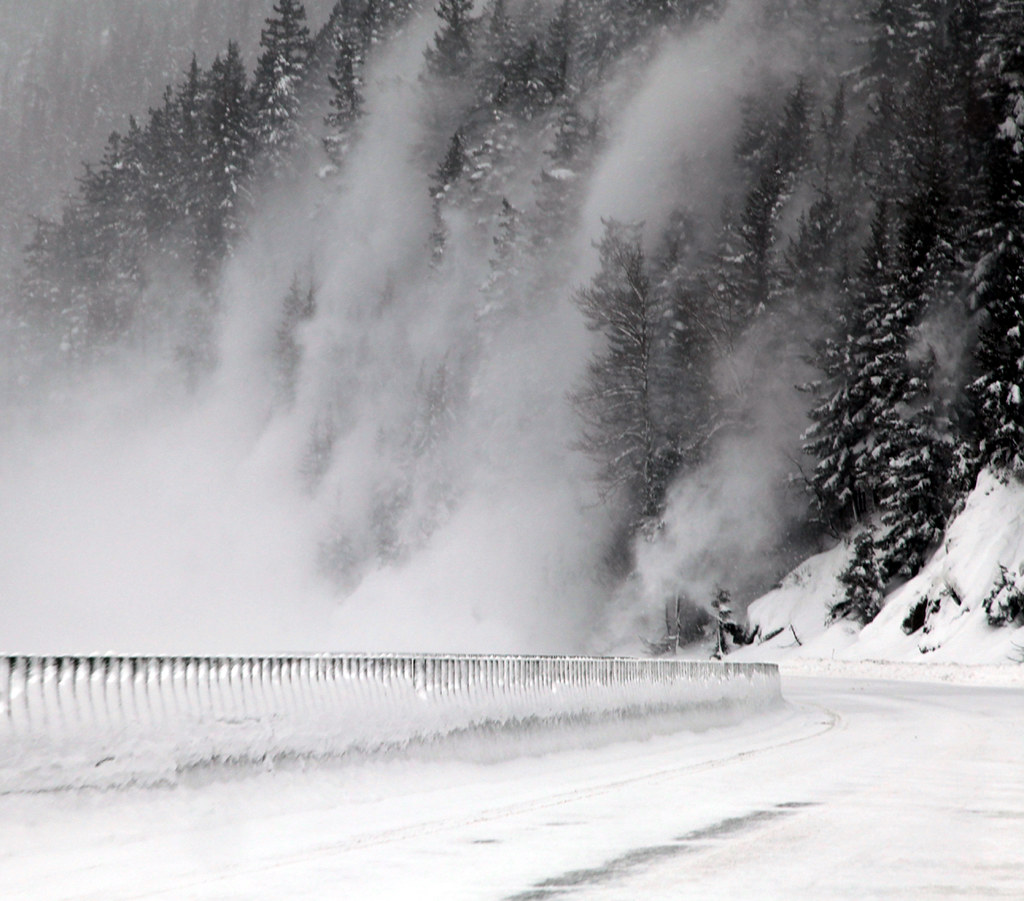For me, Doug Thayer's Will Wonders Never Cease was
like watching "A Christmas Carol"
with a teenage boy instead of Ebenezer Scrooge
and the boy's stream of consciousness instead of the ghost of Christmas past.
Caught in a freak accident and left to fend for himself for nine days under a
massive avalanche, the weight of the snow presses down on Kyle with
simultaneous guilt we would expect from an introspective Mormon teenager coming
to terms with himself in the face of death. Kyle's thoughts, while at time's
frustrating and somewhat repetitive, reflect those of a teenager quite well, as
he grapples much like an Alma the Younger to redeem his fifteen year old soul
through powerful and imposed meditation and self-reflection.
Reading this
novel, I couldn't help but think how badly my parents would have wanted me to
be trapped in an avalanche and rethink my life at the age of fifteen. In fact,
they might not even be opposed to the idea now. But what was interesting to me
was the type of parents that were portrayed through the innermost thoughts of
the panicking boy. His mother, Lucille, reminded me a lot of my own mother. She
seems to have employed a more hand's off style of parenting in which parents
instruct and aid their children while hoping that the example they have set is
sufficient reason for their children to make correct choices. However,
teenagers will be teenagers, and more times than not, we were able to justify
our actions as to live however we wanted to. It made me think about the lessons
my parents taught me most effectively, and the lessons that I have realized only
with a great many years of hindsight to appreciate.
While the novel is more overtly LDS than the
other works we have read (maybe with the exception of Added Upon), I felt that it was realistic to how I probably would
have thought if I were put in a similar situation at the age of sixteen. Young
members of the church have little other context that they could reflect in, and
perhaps we are the same now as we were then. So I enjoyed the novel, but more thoroughly
appreciated the challenge of contemplating my own life and the consequences of
my actions.




